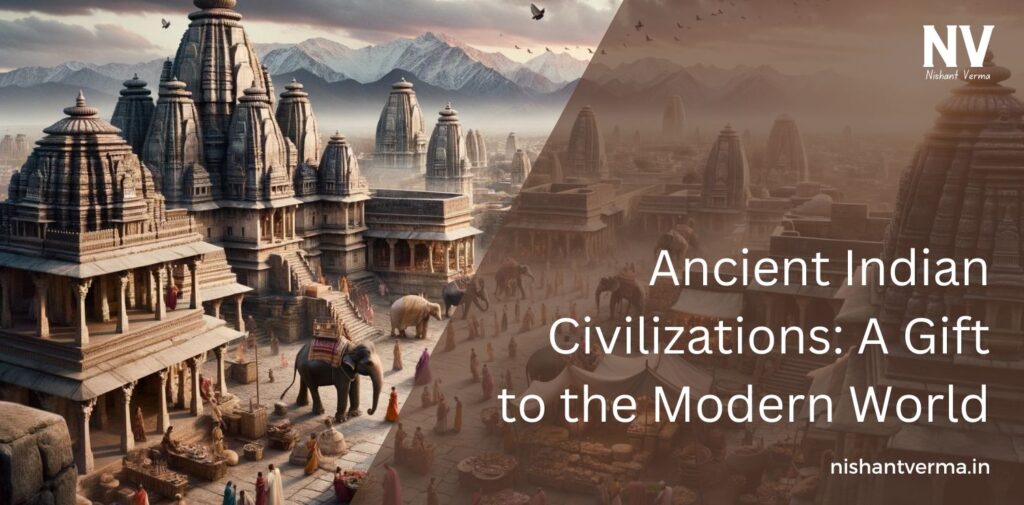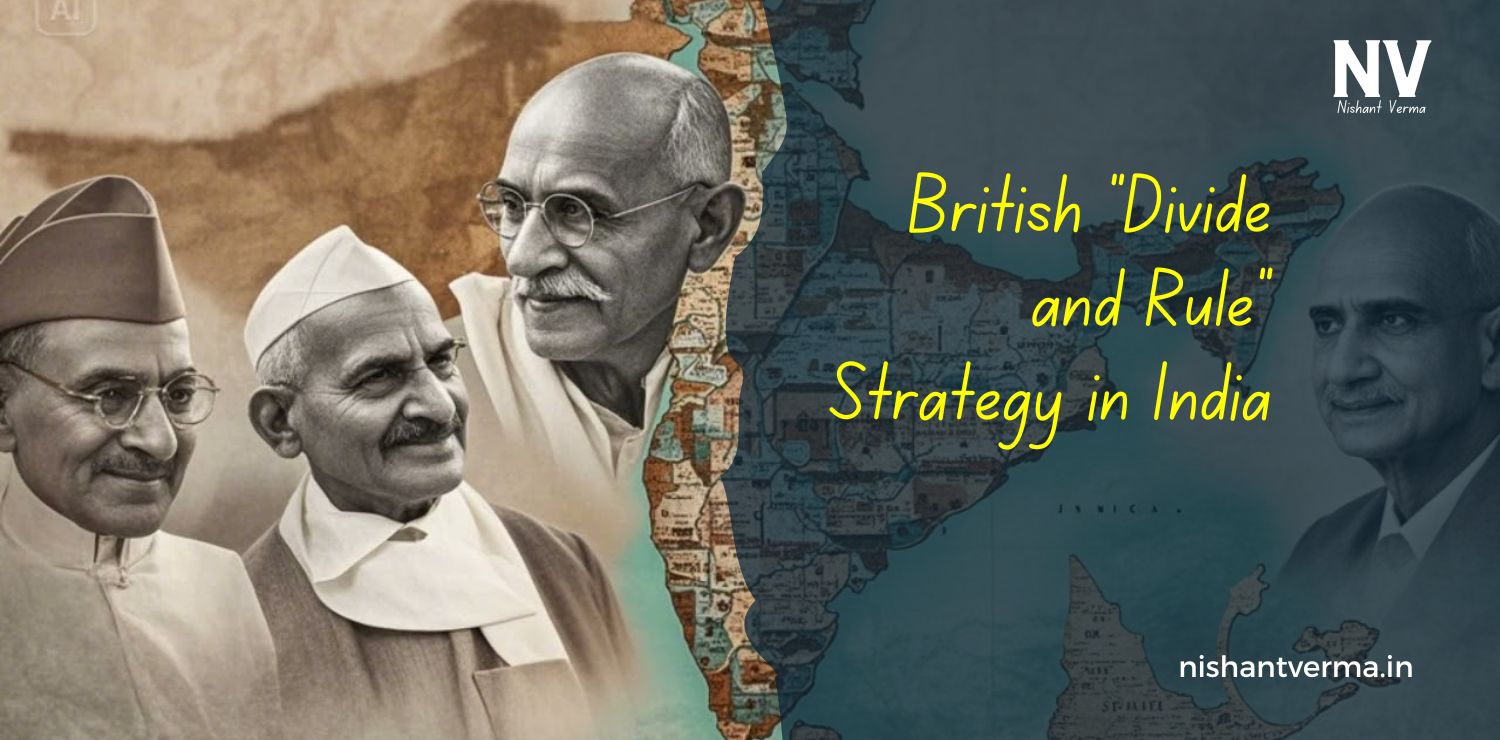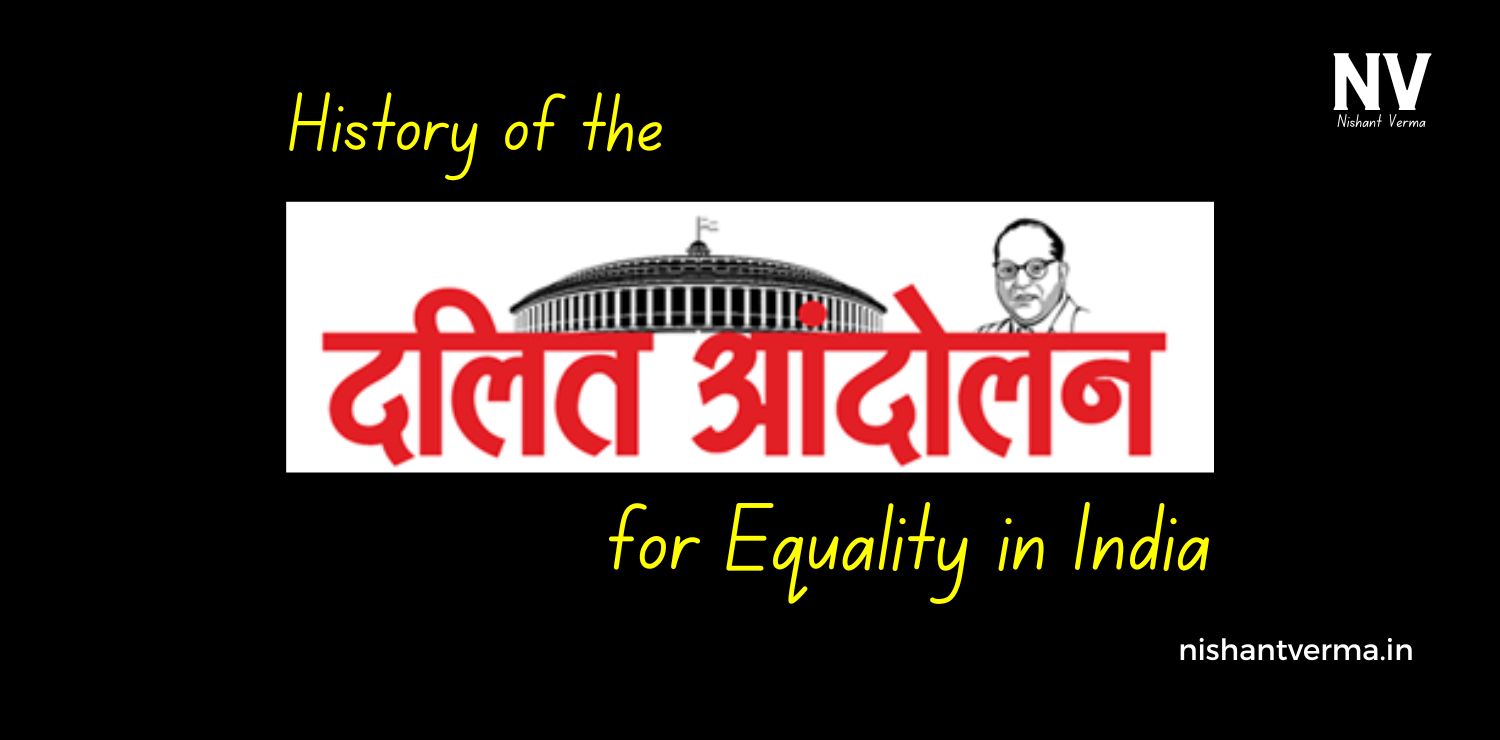Ancient Indian civilizations have left a remarkable legacy that continues to influence our lives today. From groundbreaking mathematics to advanced medicine, India’s contributions span various fields. In this article, we will explore the significant ways ancient India has shaped the modern world.
The Marvel of Mathematics
One of the most profound contributions of ancient India to the world is in mathematics. The invention of the concept of zero is perhaps the most notable achievement. Zero is not just a number; it is a vital concept that allows us to perform complex calculations and understand the number system. This innovation paved the way for advancements in mathematics globally.
Ancient Indian mathematicians also developed the decimal system, the basis for our current number system. They made significant contributions to algebra, trigonometry, and even calculus long before these concepts became common in the Western world. For example, the mathematician Baudhayan was the first to calculate the value of pi, an essential constant in mathematics.
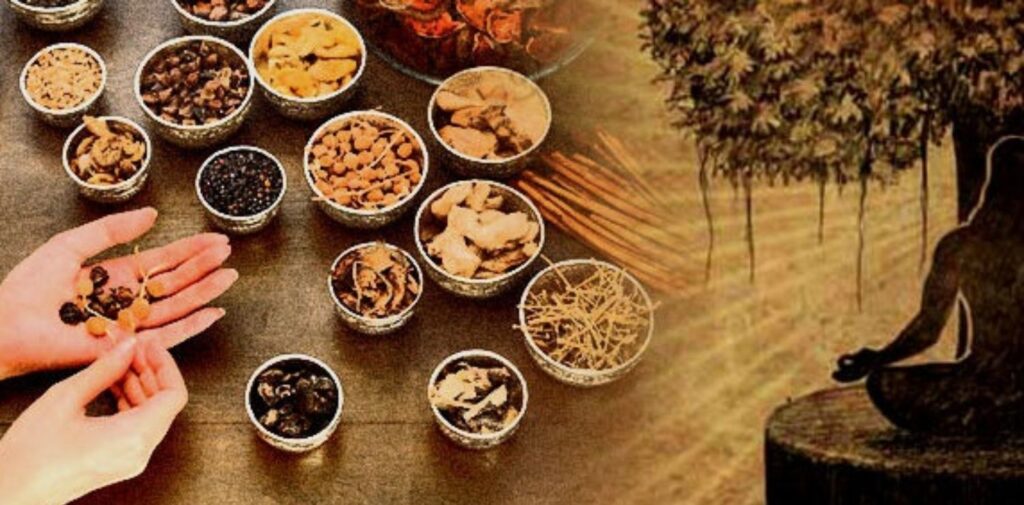
The Wonders of Medicine
Ancient India is often regarded as the birthplace of Ayurveda, the earliest known system of medicine. This holistic approach balances the body, mind, and spirit to promote health. Ayurveda has influenced modern practices and is increasingly recognized worldwide for its emphasis on natural healing.
One of the most remarkable figures in ancient Indian medicine is Sushruta, known as the “father of surgery.” He performed complex surgeries, including cataract surgery, using a curved needle. His surgical techniques and understanding of human anatomy were advanced for his time and laid the groundwork for modern surgical practices.
The Birthplace of Religions
India has four major religions: Hinduism, Buddhism, Jainism, and Sikhism. Each of these religions has contributed unique philosophies, practices, and cultural values to the world.
Hinduism, one of the oldest religions, offers concepts like karma, dharma, and moksha that are now part of global discussions on ethics and spirituality. Buddhism, founded by Siddhartha Gautama (Buddha), emphasizes compassion and mindfulness, shaping many modern spiritual practices.
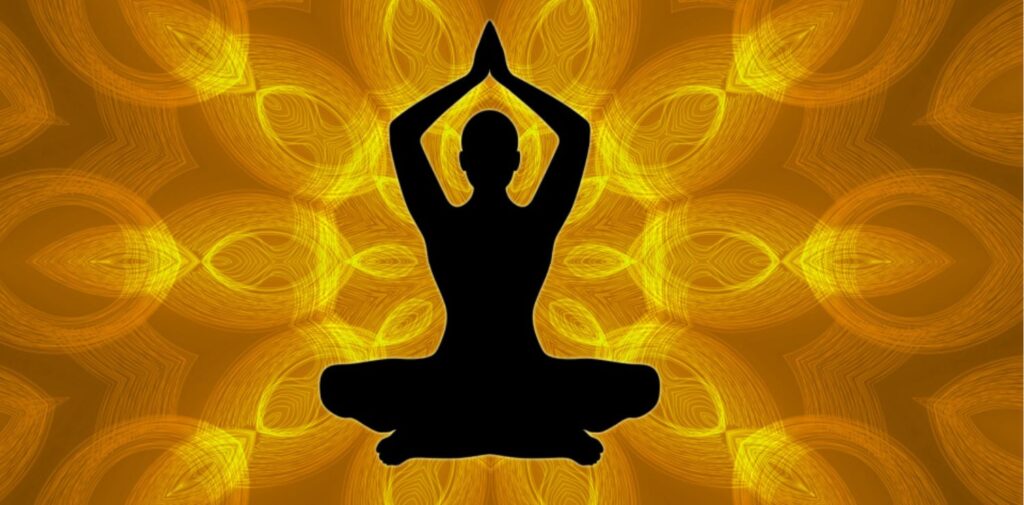
The Practice of Yoga
Yoga, a practice developed in ancient India, is another significant contribution to the modern world. Yoga combines physical postures, breathing exercises, and meditation to promote physical and mental well-being. Today, millions of people around the world practice yoga, appreciating its benefits for health, stress relief, and overall well-being. It has become a global phenomenon, emphasizing the importance of harmony between body and mind.
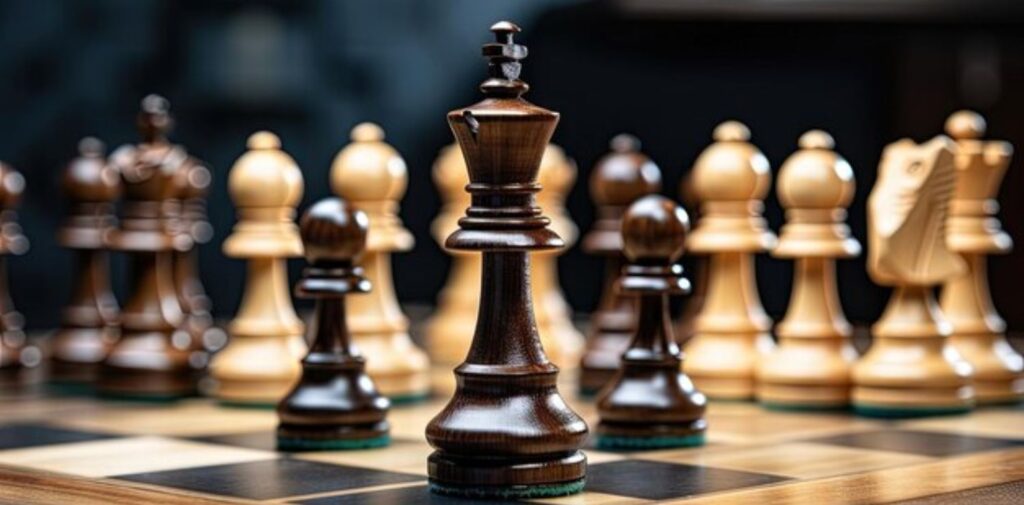
The Joy of Games
Ancient India is the birthplace of several popular games that we still enjoy today. Chess, originally known as “Chaturanga,” is believed to have originated in India around the 6th century. It has evolved into a global sport, teaching strategy and critical thinking.
Other games like snakes and ladders, playing cards, and polo also have their roots in ancient India. These games not only provide entertainment but also promote skills such as teamwork, strategy, and patience.
The Fabric of Society
India has a rich textile heritage, known for producing exquisite fabrics like calico, muslin, and cashmere. These textiles were highly sought after in ancient times and continue to be prized for their quality and craftsmanship. The art of weaving and dyeing fabrics in India is a tradition that showcases the country’s cultural richness and creativity.
Navigating the Seas
The art of navigation also finds its origins in ancient India, particularly along the river Sindh over 6,000 years ago. Indian navigators developed techniques that allowed them to travel vast distances across seas and rivers. Their knowledge of astronomy and geography played a crucial role in maritime exploration.

The Age of Steel
India has a long history of producing high-quality steel, known as Wootz steel, which was famous for its strength and durability. This steel was highly prized and traded across the world, contributing to advancements in weaponry and tools. The techniques developed in ancient India laid the foundation for modern metallurgy.
A Legacy in Astronomy
Ancient Indian scholars made significant contributions to astronomy. The country boasts one of the oldest astronomical systems, with astronomers like Aryabhata and Brahmagupta making remarkable discoveries. They calculated the earth’s circumference and studied celestial bodies with precision. Their work laid the groundwork for future astronomical studies worldwide.
Conclusion: Ancient Indian Civilizations
The contributions of ancient Indian civilizations to the modern world are vast and varied. From the fundamentals of mathematics and medicine to the spiritual practices of yoga and the joy of games, India has enriched global culture in countless ways. Understanding and appreciating these contributions allows us to celebrate the shared heritage of humanity. Ancient India’s legacy is not just a part of history; it continues to shape our lives today and inspires future generations.

